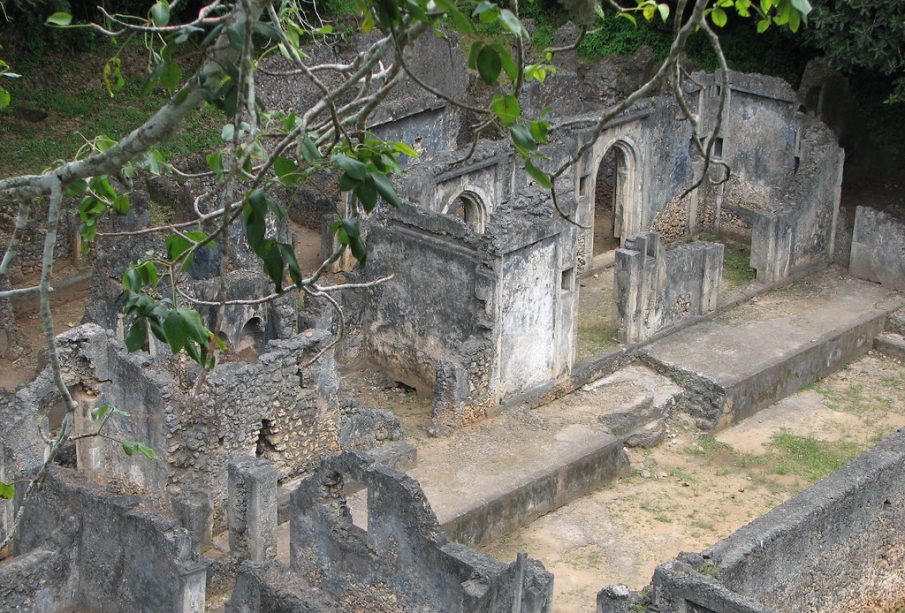Exploring Recent Developments in Kenya

The Importance of Current Affairs in Kenya
Kenya, located in East Africa, continues to be a focal point for socio-economic and political developments in the region. Its vibrant economy, rich culture, and diverse landscapes make it not only a tourist destination but also a key player in African politics. Understanding current affairs in Kenya is essential for grasping the broader dynamics affecting East Africa.
Recent Political Landscape
In recent months, the political climate in Kenya has been marked by significant events. The government led by President William Ruto has been navigating economic challenges, particularly inflation and rising food prices. Analysts suggest these factors are shaping public sentiment ahead of upcoming local elections scheduled for 2024.
Economic Initiatives and Challenges
Furthermore, Kenya has been making strides towards economic recovery post-COVID-19. The government recently unveiled a multi-billion shilling initiative aimed at boosting manufacturing and creating job opportunities. However, obstacles such as high debt levels and corruption remain critical issues that could hinder progress. The World Bank has noted that consistent reforms are necessary for sustainable growth.
Health and Education Reforms
In the health sector, Kenya has stepped up its vaccination initiatives to combat diseases, including a robust campaign against COVID-19. The government is also targeting improvements in its healthcare system to better serve its citizens. In education, the shift to Competency-Based Curriculum (CBC) continues to spark debates among stakeholders on its efficacy for students.
Conclusion and Forecasts
As Kenya faces both challenges and opportunities, the importance of remaining informed about its evolving landscape cannot be overstated. The upcoming elections will be significant in shaping the political and economic direction of the country. Citizens, businesses, and investors alike should keep an eye on developments, as these could have far-reaching implications not only domestically but also for regional stability in East Africa.








